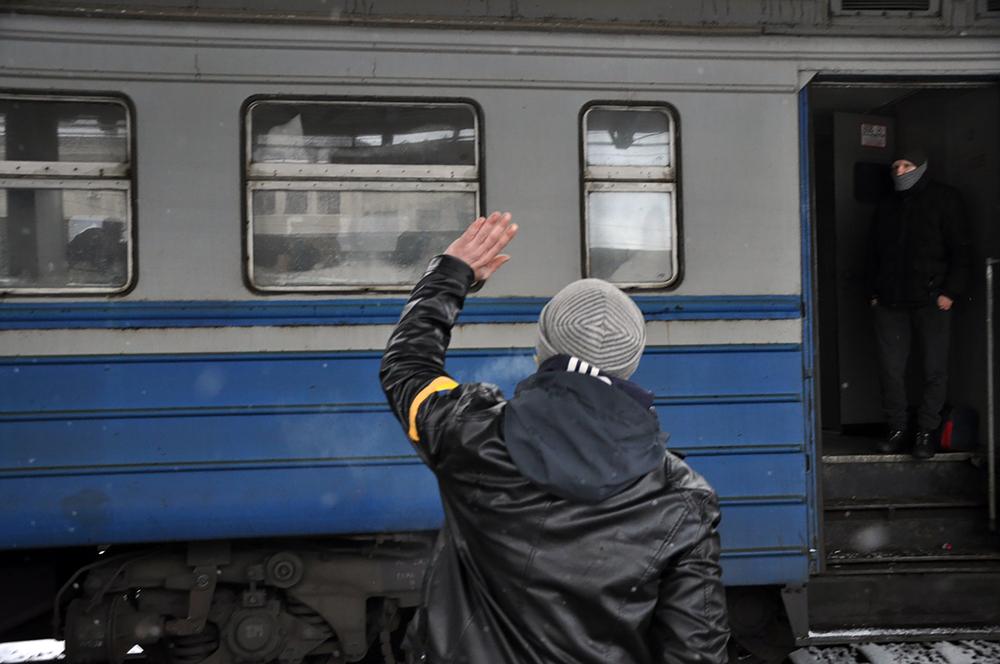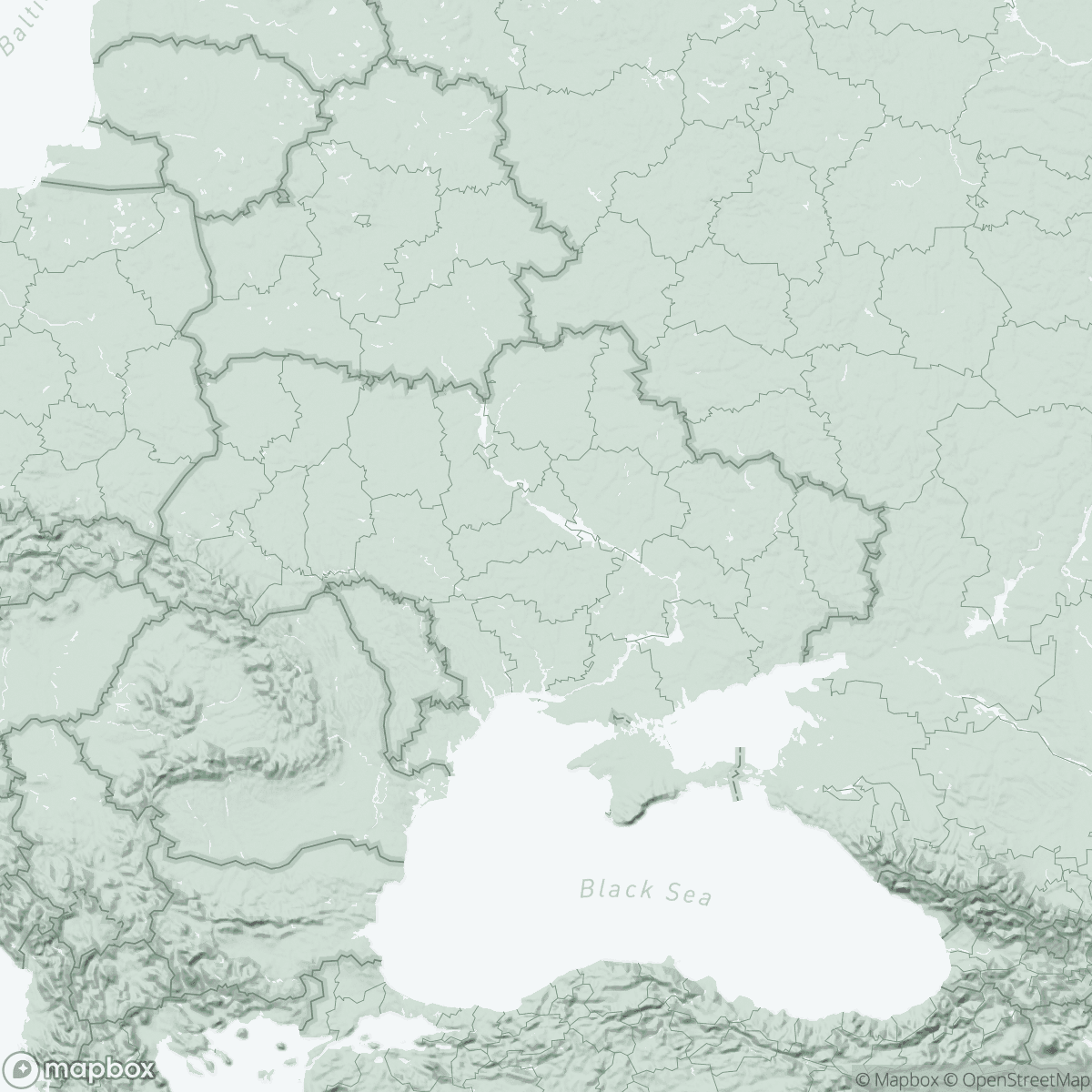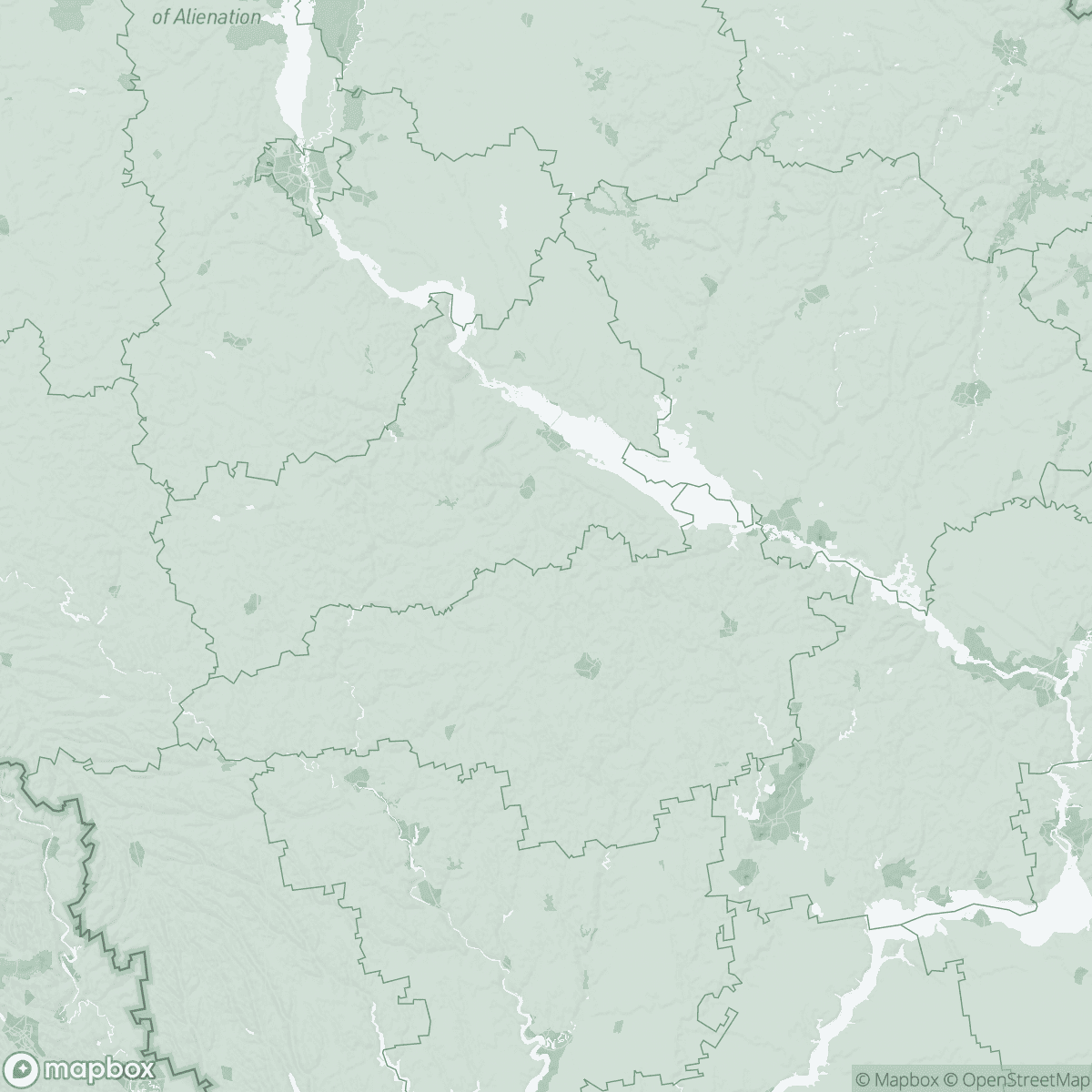
From Ukraine: displaced twice and on the road again
In 1 click, help us spread this information :
I grew up amid the flat lands and coal heaps of what is today eastern Ukraine. A big family, in a three-room flat, we spent many laughter-filled evenings over Olivier salads and borscht. After studying at the international language school at Gorlivka, I left Ukraine for the United States. The pull of my family eventually drew me back to my country.
Driven out by war once...
War broke out in 2014 and I was forced to move to Kyiv, where I registered as an ‘internally displaced person’. I slowly found my feet in the city, working for civil society organisations, and later becoming active in a global coalition to fight poverty. I eventually made my way to Médecins Sans Frontières (MSF). With MSF’s focus on improving health care access in eastern Ukraine, I saw an opportunity to retain links with a region I remained profoundly attached to, even as I continued to live in Kyiv.
The tragedy of eastern Ukraine has now befallen the whole country. In an extremely short time, millions of people have been forced to leave their homes. Many are displaced within Ukraine and some two million have become refugees in neighbouring countries. From where I am staying now, they are all around me.
And now war is back—this time fiercer, more brutal, and with a force, I fear, will leave us all scarred.
Then one day, my colleagues called me, saying that one of the last humanitarian convoys would soon be leaving Kyiv. I panicked. It felt as if the city had been emptied of human life.
Then a second
I now find myself displaced again. As war hit Kyiv hard with intense airstrikes and street fighting, I took the painful decision to leave. I had remained in the city as, from the very first day of war, hundreds of thousands fled. For a few days, all I could hear was the piercing sounds of shelling, rockets and artillery. Then one day, my colleagues called me, saying that one of the last humanitarian convoys would soon be leaving Kyiv. I panicked. It felt as if the city had been emptied of human life. I hurriedly stuffed a few clothes into a bag, grabbed the most important documents, took my car, and left Kyiv.
I am now on the road, a tiny speck in a vast, unending caravan of people crowding into western Ukraine. I feel lost and disoriented, angry at this horrendous war, aghast at the senseless suffering inflicted on people. I dread what comes next.
Je suis à présent sur la route – un petit point parmi la vaste et interminable file de personnes qui se pressent vers l'ouest de l'Ukraine. Je me sens perdu et désorienté. Je suis en colère contre cette guerre horrible. Je suis horrifié par les souffrances insensées infligées aux gens et je redoute ce qui va suivre.
All the progress made in eastern Ukraine in the years since the 2014 war now lies in ruins.
Still, I feel luckier than many of my colleagues in eastern Ukraine who are currently living through hell. The siege of Mariupol fills me with rage; Volnovakha is a ghost town, pummeled with shelling. Schools, hospitals and houses have suffered damages. All the progress made in eastern Ukraine in the years since the 2014 war now lies in ruins.
Of late, eastern Ukraine had been working to solidify its institutions and strengthen its public services. Even aid organisations were moving away from providing humanitarian aid to offering development support. MSF had moved away from providing health services directly to supporting the health system to improve access to health care. We supported a network of community health volunteers to assist people living in remote villages—many of them elderly—receive swift diagnosis and treatment and help with getting medicines from pharmacies.
In a dramatically changed landscape, the work I was doing with MSF earlier is no longer possible. Many of my colleagues find themselves in the same situation. But even in the most trying circumstances, they have been working hard to provide emergency medical assistance.
I want to do more to support. But I am caught in a maelstrom, where the usual certainties of life have collapsed around me. It will take enormous resilience to recover from the sheer force of what has struck us.
This is a very personal account from Aleksandr Burmin (name changed), an MSF staff member in Ukraine.

